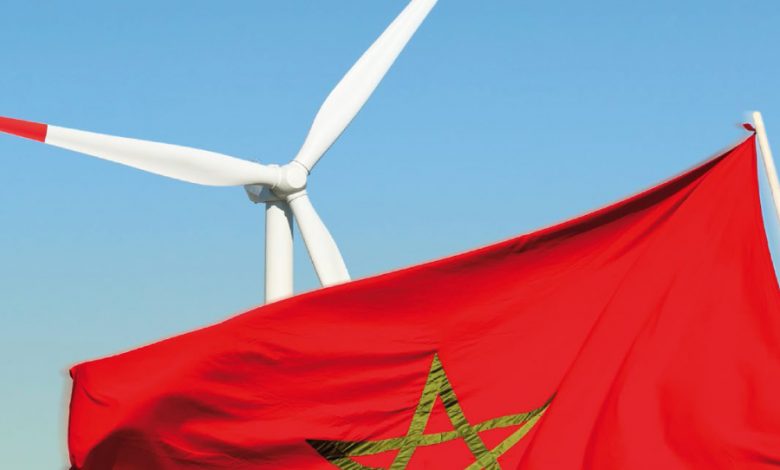Mubarak Ajlan Al Kuwari, Executive Director of the Permanent Committee for Organizing Conferences, revealed that Qatar annually hosts more than 80 major international events covering various fields, including diplomacy, technology, sports, trade, and culture. He explained in statements to the Qatar News Agency that the Permanent Committee coordinates the organization of many of these events strategically, aligning global discussions with the goals of Qatar’s National Vision.
Al Kuwari emphasized that these events have cemented Qatar’s global image as a center for dialogue and innovative solutions, noting that the country is no longer known simply as a small Gulf state, but has become a global link and a reliable international partner. He pointed out that the Doha Forum and the Qatar Economic Forum attracted more than 8,500 participants from 160 countries, half of whom traveled from abroad, to discuss development and humanitarian crises. Web Summit Qatar 2025 brought together more than 25,000 participants, 1,520 startups, and hundreds of investors. Al Kuwari highlighted Qatar’s important role as a trusted regional and international partner, having hosted events such as GCC summits, ministerial meetings, and interfaith dialogues. He emphasized that the country has become a preferred destination for dialogue and cooperation in the region and the world. He added that in less than a decade, Qatar has transformed into a vibrant international hub thanks to its well-thought-out investment in organizing high-profile global events, reshaping its position on the international map.
He pointed out that last year saw more than 5 million people visit Qatar, a 25% increase over 2023, while nearly 10 million hotel nights were sold, a record number that reflects the country’s attractiveness. Qatar also welcomed 1.5 million international visitors in the first quarter of 2025, with a hotel occupancy rate of 71%, with an influx of visitors from the Gulf, Europe, and Asia driven by a variety of events. Al Kuwari emphasized that this success would not have been possible without its advanced infrastructure, pointing to Hamad International Airport, which connects Doha to more than 170 cities around the world, in addition to the metro network and modern roads that facilitate the movement of visitors to attend events, conferences, and cultural festivals. He noted that Doha was ranked second among the safest cities in the world this year, which boosts the confidence of visitors and organizers. Al Kuwari explained that Qatar’s hosting of the 2022 FIFA World Cup leaves a sustainable legacy, with the events industry expected to grow by 11% annually, reaching a value of $4.65 billion by 2032. The World Travel and Tourism Council also predicts that the sector will contribute QAR 124.2 billion to the Qatari economy this year and create 350,000 jobs, with this expected to reach half a million jobs by 2035. International visitor spending is expected to reach QAR 98.8 billion in 2025 and QAR 144.7 billion by 2035.
Al Kuwari concluded his remarks by emphasizing Qatar’s continued efforts to enhance its global standing, noting that it will host the second World Summit for Social Development with the United Nations later this year, along with other major sporting and cultural events, reflecting the country’s commitment to being a major global forum for dialogue, innovation, and shaping the future.







